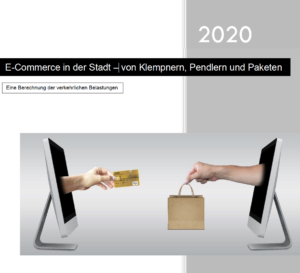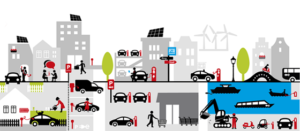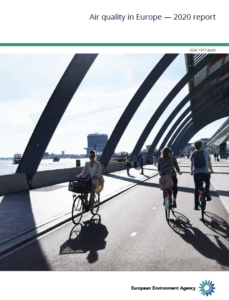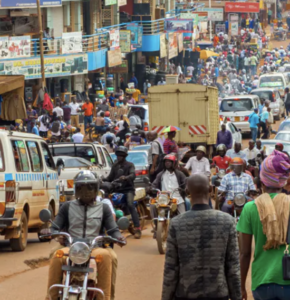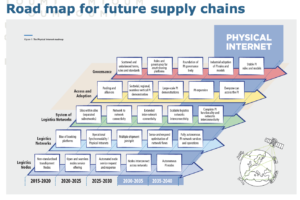POLIS launches the How-to Guide on Zero-Emission Zones for urban freight
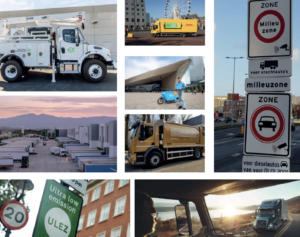
POLIS, Transport Decarbonisation Alliance (TDA), and C40 cities launched the How-to Guide, “Zero-Emission Zones: Don’t Wait to start with Freight”. The guide presents experience and advice on developing a zero-emission zone for urban freight, from public and private-sector representatives around the world.

